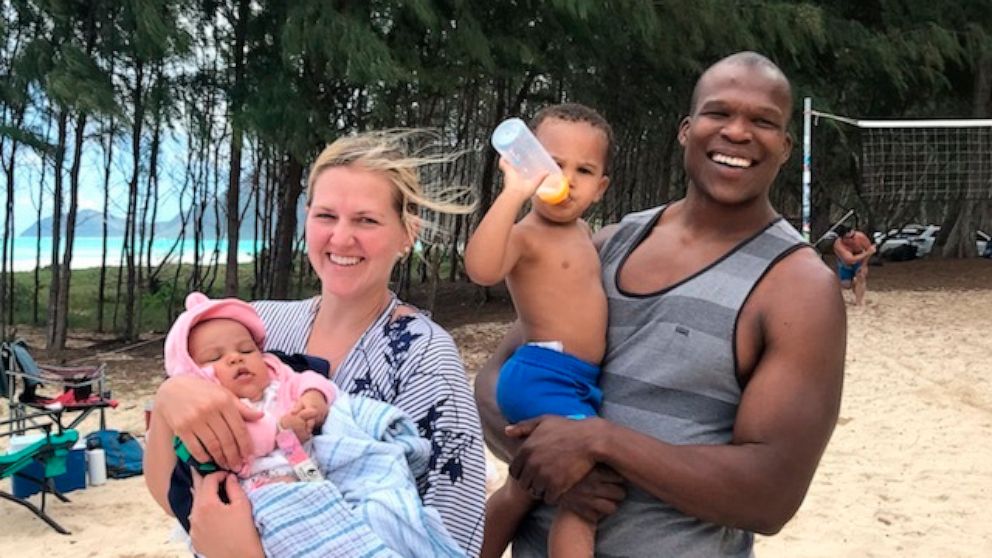 :
:
No mass protests after Honolulu police shoot, kill Black man
Honolulu police shot and killed Lindani Myeni, a Black man, three months after he moved to Hawaii with his wife, believing it would be safer place to raise their two Black children

Judging by his name, he’s an African black...not these ghetto American blacks that’s why there’s no protest. It seems like these ghetto American blacks hates African blacks just as much as white people and the police.